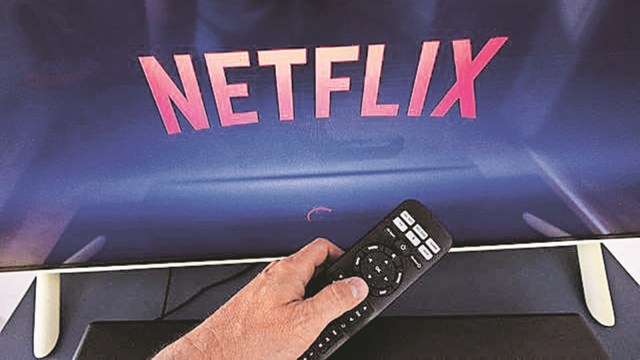A conflict has arisen between telecom operators and social media companies regarding the definition of telecommunication services under the new Telecommunication Act. Telecom operators argue that over-the-top (OTT) communication platforms, such as WhatsApp and Google Meet, should be classified as telecom services, necessitating government licensing similar to traditional telecom services.
Vague Definition in the Act
The controversy stems from the ambiguous definition of telecom services provided in the Act:
- Definition of Telecom Services: “Transmission, emission or reception of any messages, by wire, radio, optical or other electro-magnetic systems, whether or not such messages have been subjected to rearrangement, computation or other processes by any means in the course of their transmission, emission or reception.”
- Definition of Messages: “Any sign, signal, writing, text, image, sound, video, data stream, intelligence or information sent through telecommunication.”
Despite the government’s earlier media clarification that OTTs are excluded, experts argue that such statements lack the legal weight of formal definitions.
Telecom Operators’ Stance
In response to ongoing consultations by the Telecom Regulatory Authority of India (TRAI) on service authorisations, major telecom operators are advocating for OTT platforms to be categorized as telecom services. The Cellular Operators Association of India (COAI), representing Jio, Airtel, and Vi, asserts that OTT services should fall under the Access Services authorisation framework to ensure a level playing field and adherence to the principle of ‘same service, same rule.’
Reactions from Tech Companies
The Broadband India Forum (BIF), which includes Meta, Google, and Amazon, disputes this interpretation. BIF argues that requiring OTT platforms to obtain such authorisation would distort the market, hinder competition, and limit consumer choice by granting certain entities an unfair advantage.
Multiple-Choice Questions (MCQs):
- What is the main point of contention between telecom operators and social media companies under the new Telecommunication Act?
- A) Definition of over-the-top (OTT) platforms
- B) Licensing requirements for telecom services
- C) Definition of telecommunication services
- D) Definition of “messages” in the Act
- According to the new Telecommunication Act, how are telecom services defined?
- A) Only as internet-based communication platforms
- B) As transmission, emission, or reception of messages through various systems
- C) Exclusively through radio communication
- D) Limited to traditional telephone services
- What was the former telecom minister Ashwini Vaishnaw’s public clarification regarding OTT services?
- A) OTT services are included under the Act
- B) OTT services are excluded from the Act
- C) OTT services require special licensing
- D) OTT services are considered as traditional telecom services
- What is the position of the Cellular Operators Association of India (COAI) on OTT platforms?
- A) OTT platforms should be excluded from telecom regulations
- B) OTT platforms should be included under Access Services authorisation
- C) OTT platforms should be deregulated completely
- D) OTT platforms should be treated as independent entities with no regulatory requirements
- What is the Broadband India Forum’s (BIF) concern about the telecom operators’ interpretation of the Act?
- A) It will enhance market competition
- B) It will increase consumer choice
- C) It will create an uneven playing field and stifle innovation
- D) It will simplify regulatory processes
